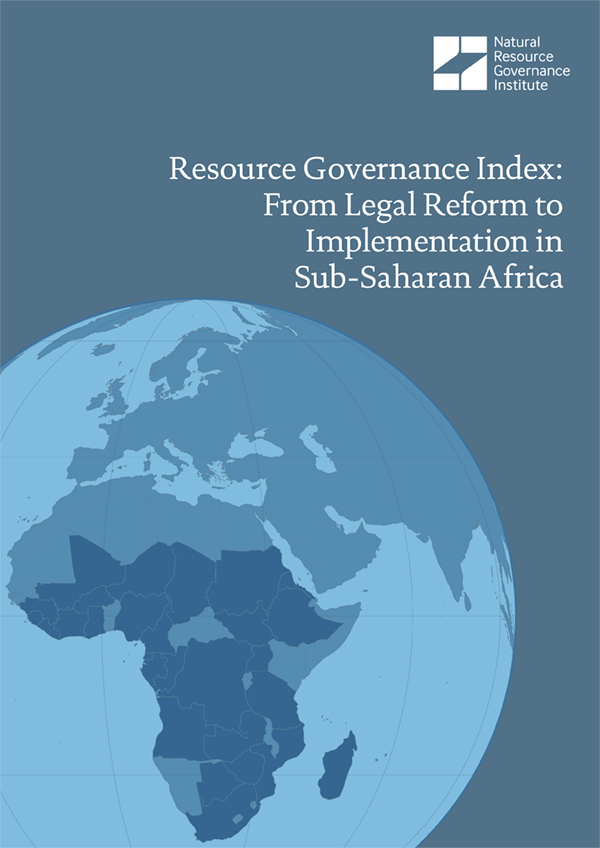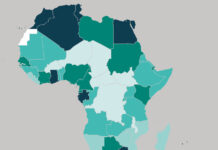This report explores common resource governance successes and challenges in sub-Saharan Africa, taking advantage of the rich dataset and wealth of evidence documentation provided by the Resource Governance Index. While the authors detect common trends across the region, there is also great diversity between and within countries.
It also documents examples of good practices from which officials in other countries can learn. The authors conclude with the suggestion that policymakers, parliamentarians, civil society, media and regional institutions focus more on narrowing the implementation gap, which will help to restore trust between government, communities and investors and thus strengthen sustainable management of natural resources. Creating space for public debate, strengthening capacity of public institutions and oversight actors, addressing lack of political will and learning from past legal reforms are possible solutions to address the implementation gap.
Key messages
- Many sub-Saharan countries have made significant legal reforms in oil, gas and mining over the past decades. The Resource Governance Index shows that in all but two countries, there is an “implementation gap” between what laws say and how resource governance works in practice. This keeps countries from realizing the dividends of investments they have made in legal reforms.
- Between 2000 and 2016, 22 of the 28 sub-Saharan countries included in the Resource Governance Index renewed or amended laws governing the oil, gas or mining sector. Where legal reform is more recent, implementation of transparency and accountability provisions is lagging the most.
- More so than countries in other regions, sub-Saharan African countries face challenges with:
- fulfilling commitments to transfer oil, gas and mining revenues to local authorities
- publishing information on social and economic impacts of extraction
- complying with fiscal rules
- governing state-owned enterprises and sovereign wealth funds
- To close these gaps, governments and other stakeholders should focus on implementation and enforcement of transparency and accountability rules. They should invest in monitoring capacity of government agencies, strengthen the role of auditors and parliaments, and ensure there is space for different stakeholders to question policies. Consulting stakeholders will help governments to design laws that are adequate for each country’s institutional capacity and policy objectives and to assess what is needed for effective implementation already before laws are passed, reducing the time lag from legislation to implementation.

Civic space, Contract transparency and monitoring, Legislation and regulation, Licensing and negotiation, Measurement of governance, Measurement of social and environmental impacts, Revenue management, Sovereign wealth funds, State-owned enterprises, Tax policy and revenue collection
Angola, Botswana, Burkina Faso, Cameroon, Côte d’Ivoire, Dem. Rep. of Congo, Equatorial Guinea, Gabon, Ghana, Guinea, Liberia, Niger, Nigeria, Sierra Leone, South Africa, South Sudan, Sudan, Tanzania, Uganda, Zambia, Zimbabwe, , , ,

















